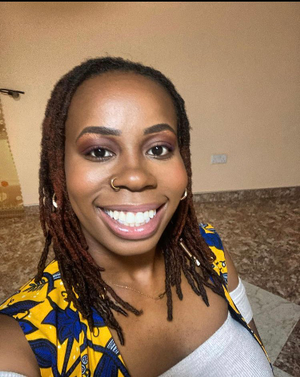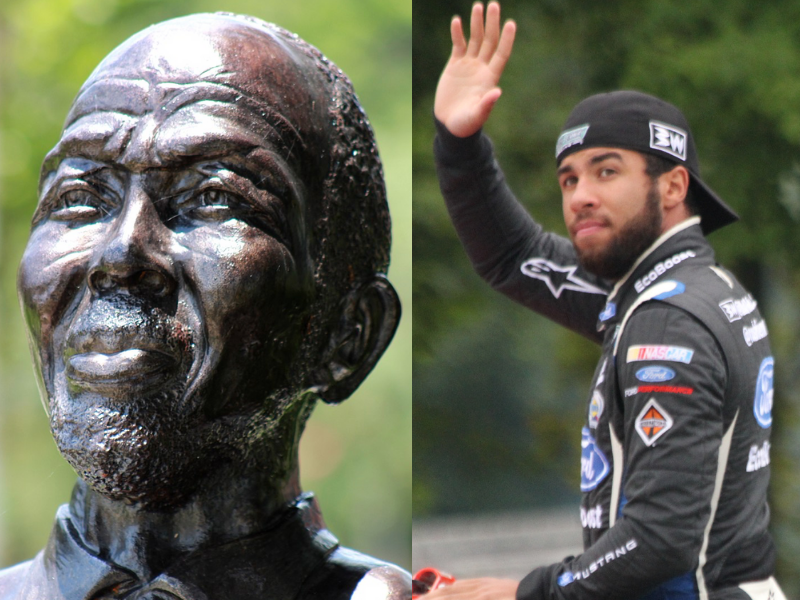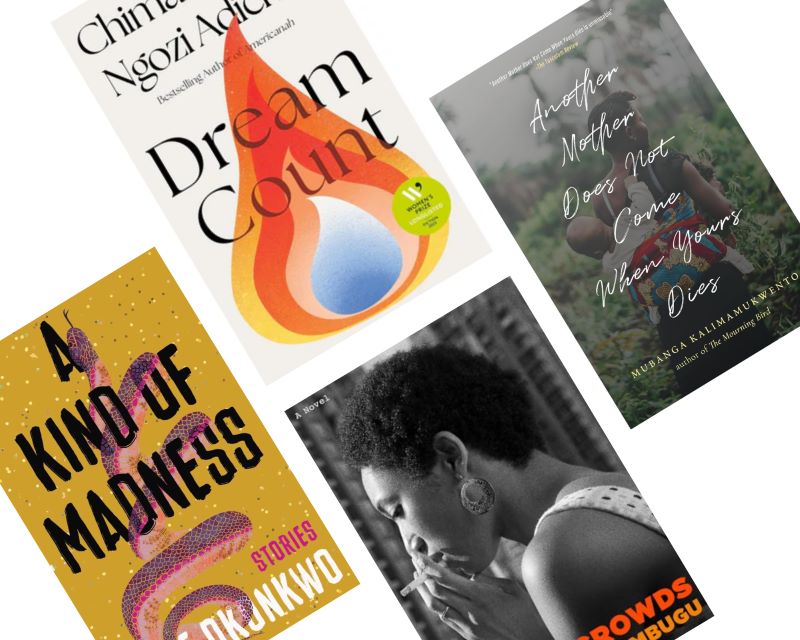(Images by Graveyardwalker (Amy Walker) via Wikimedia Commons https://commons.wikimedia.org/wiki/File:Bust_of_Cudjoe_Lewis.jpg and Royal Broil via Flickr xhttps://www.flickr.com/photos/royal_broil/21106636842 )
On October 4th, 2021, William ‘Bubba’ Wallace became the first African-American racer to win a NASCAR Cup Series race in 58 years. Wallace’s win, the rise of Black ownership in auto racing, and the current changes in NASCAR reflect progressive legacies of Black triumph and indicate attempts to dismantle racism and inequality in the stock racing arena.
Racial injustice is embedded in various and interconnected facets of American history. Bubba Wallace was born in Mobile, Alabama, which was the residing place of Cudjoe Lewis, a Benin-born ex-slave who was the focus in Zora Neal Hurston’s novel “Barracoon” and a survivor of the last known slave ship, ‘The Clotilde’. The grievances experienced by Cudjoe Lewis, even after he was emancipated, have the same roots of bigotry that allowed NASCAR officials to deny the talent of Bubba Wallace’s predecessor, the late auto racer Wendell Scott. When Scott, an African-American racer, won a NASCAR top-level race in 1963 by two full laps, his win was undermined, and a White racer, Buck Baker, was declared the winner. Just three months ago, 58 years later, NASCAR awarded Scott’s family with a winning trophy.
The support Bubba Wallace has garnered from NASCAR peers and officials, coupled with the recent social unacceptance of racism and increasing Black ownership, seem to be catalyzing a new era for White consciousness in the auto racing field. This year, Wallace, who was the only Black driver in this year’s NASCAR Cup Series, raced as a member of a team owned by basketball legend turned mogul Michael Jordan, who said that when he created the NASCAR team, he knew that he was “diving headfirst into the teeth of racism.”

(Tweet by @RheeTweet3 via Twitter)
In 2020, Wallace, whose mother is Black and father is White, requested for the infamous confederate flags to be banned from the auto racing events. Although NASCAR banned the use of Confederate flags at the races, the totems persist. Wallace faced criticism from NASCAR fans when a crew member reported a noose in Wallace’s car garage, which was investigated by the FBI and later said to be a garage door knot, although the knot in Wallace’s stall was the only one out of 1,684 stalls that were fashioned in the shape of a noose.
In recent years, NASCAR has attempted to undergo political changes to encourage inclusivity. The company launched several diversity programs, including the Drive for Diversity program which seeks to encourage racial and gender equality, the NASCAR Diversity Internship Program, and NASCAR Supplier Diversity. However, racist attitudes continue to taint the NASCAR image. In 2008, former NASCAR employee Mauricia Grant sued NASCAR for racial and gender-based abuse, and others have expressed feeling uncomfortable at NASCAR events.
Black ownership, representation, and staffing in different facets will continue to play integral roles in dismantling the racism that is deeply embedded in NASCAR and other parts of American society. Only then will the hopes of the enslaved be realized, and Black potential is able to develop and flourish, unhinged.
Works Cited
https://bleacherreport.com/articles/28939-diversity-in-nascar-225-million-reasons-theres-none
https://www.nascar.com/diversity
https://www.theguardian.com/sport/2020/sep/22/michael-jordan-bubba-wallace-nascar-team-denny-hamlin
https://www.cbc.ca/sports/nascar-bubba-wallace-noose-1.5626941
https://www.espn.com/racing/nascar/news/story?id=3782115
https://bleacherreport.com/articles/28939-diversity-in-nascar-225-million-reasons-theres-none
https://www.nascar.com/diversity
https://www.theguardian.com/sport/2020/sep/22/michael-jordan-bubba-wallace-nascar-team-denny-hamlin
https://www.cbc.ca/sports/nascar-bubba-wallace-noose-1.5626941
https://www.espn.com/racing/nascar/news/story?id=3782115

Nana Ama Addo is a writer, multimedia strategist, film director, and storytelling artist. She graduated with a BA in Africana Studies from the College of Wooster, and has studied at the University of Ghana and Kwame Nkrumah University of Science and Technology. Nana Ama tells stories of entrepreneurship and Ghana repatriation at her brand, Asiedua’s Imprint ( www.asieduasimprint.com )





